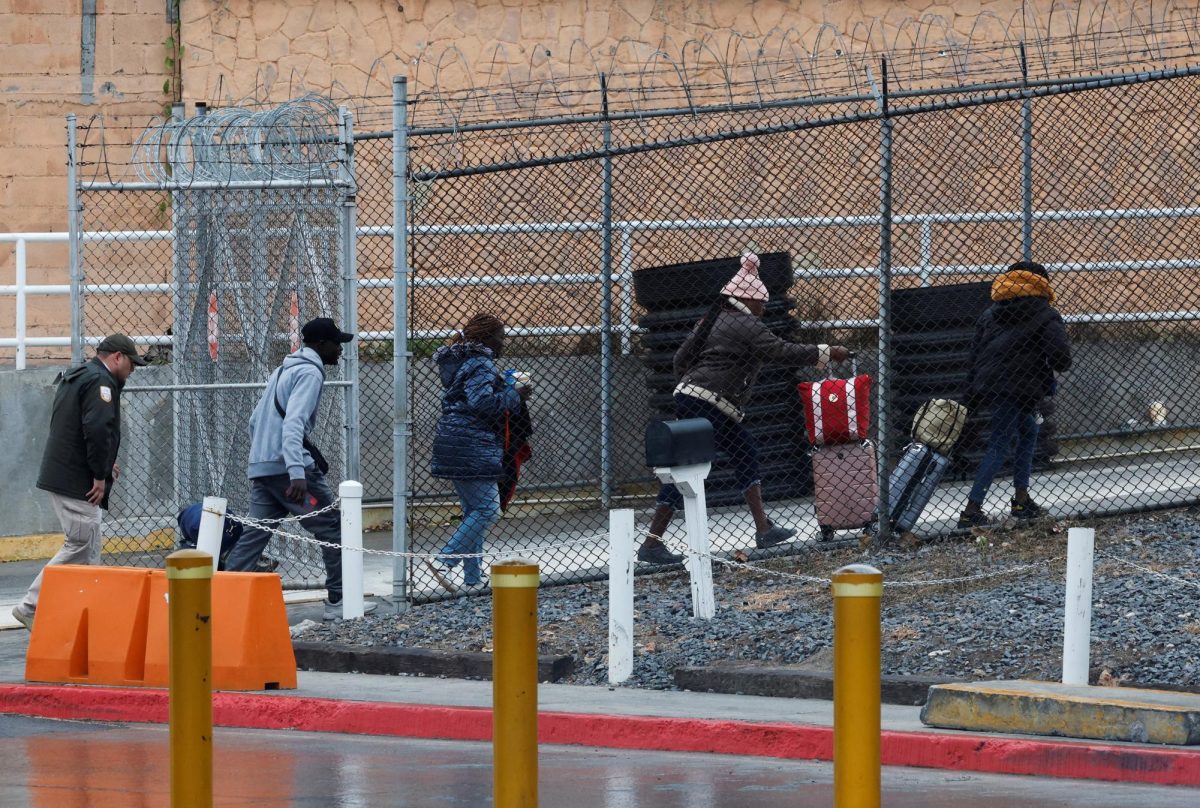On August 31, former New England Patriots player Brian Holloway discovered that nearly 300 local teenagers had broken into his vacant Stephentown, NY farmhouse and used it to throw a massive party. When he returned, Holloway found graffiti on the walls, ruined carpets and drywall riddled with fist sized holes.
The estimated damaged totaled to about $20,000.
In this instance, a case that would otherwise have lacked suspects was made almost absurdly simple. Â Holloway, who was sitting twelve hundred miles away in Lutz, Florida, watched the entire drunken bash play out online.
In an act that fittingly illustrates our generation’s narcissistic tendencies, the teenagers spent the entire night posting incriminating pictures of their inebriated exploits to Twitter.
One picture, published in the New York Daily News, shows a teen boy clutching a drink and walking on Holloway’s kitchen table.
“What is even more dangerous and shocking beyond the crimes, drugs and alcohol was reading the tweets and hearing them celebrate their destruction and documenting their crimes,†he said.
He has a point.  Our generation has developed a reputation of being narcissistic, clingy and dependent on technology.  The incident at Holloway’s farmhouse and the latest string of evidence begs one further addition to this list: we are a generation of terrible criminals.
Growing up in an age dominated by social media and online pictures, taking pictures of ourselves is an understandable impulse.  These “selfies†allow us to control our own self image while communicating where we are, how we feel or what we are doing.
However, the “selfie†has grown into something of an entirely greater magnitude: it is our primary mode of self expression. According to Esquire.com, there are currently 90 million pictures on Instagram with the tag #me.
This cultural ego trip may seem innocent, but our self centered impulses have led us to record certain areas of our lives that may best remain forgotten. Pictures of partying, sexual images or vandalism may seem as fleeting and immaterial as the pixels which comprise them. Â But everything is permanent when it comes to these online interactions.
For instance, Snapchat is an app that allows users to send pictures of themselves to friends. Â After ten or so seconds, the picture or video supposedly vanishes forever.
However, the website “Digital Trends†recently disclosed that Snapchat’s disappearing act is all smoke and mirrors, and that each picture is saved in some obscure recess of the phone’s database.
In other words, even the program designed to specifically assure secure and impermanent interactions keeps a record of every picture we send. Â It seems that nothing is safe.
Looking forward, this online record of our entire lives has potentially dire consequences for the next generation of leaders and workers.   Somewhere out there is a teenager who will grow up to be the president of the United States.  It’s sobering to think that his reputation – and ours as a nation – could someday be derailed by something as preventable as a drunken tweet or an explicit picture.
Our entire society has become increasingly dependent on technological interaction, to a degree where it is almost impossible to avoid. Â Inevitably, some aspects of our lives will be recorded and displayed for all the world to see.
So, like the 300 New York teenagers who destroyed a house and proudly advertised their crime, we face a choice: exactly how much of our lives do we want the world to see? Â And what do we want future generations to think as they scroll through our antique Twitter feeds?
In other words, we have to consider a question that has recently echoed through the halls of CHS: what will your legacy be?







